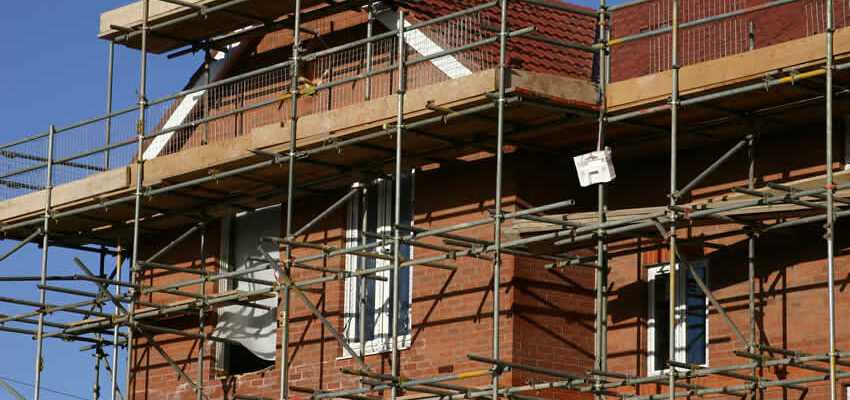Under a decree published a few months ago, the amount of energy savings certificates (EEC) granted to low-income households for their thermal insulation work (walls, attics, roof terraces, domestic hot water and low floors) has fallen by 20 to 30% on average since May 1.
According to a simulation by Hellio, a specialist in these aids, and published in Le Parisien, the amount of this aid, for the thermal insulation on the outside of a detached house in Lille carried out by a household with very modest incomes (less than €22,320 per year) goes from €20.9/m2 of work to €8.80/m2*.
EWCs: a European market
Energy saving certificates are devices whose amounts are complicated to calculate. Established according to the energy savings made by the work (and not their amount), the geographical location, the characteristics of the equipment installed and the income of the household, but also according to their “value” on the European market of the “obligated”, these certificates were introduced more than fifteen years ago to encourage operators (EDF, Engie, TotalEnergies, etc.) to support households in renovating their homes.
Operators are bound by objectives: if they do not hold the volume of certificates corresponding to these energy savings, they are financially penalised.
Priority to global renovations
The amount of the CEE and the eligible works were already planed last year. Since its creation in 2006, the system has made it possible to finance expensive work for modest households – thanks to one-euro offers – but it has been accompanied by aggressive sales canvassing practices on the part of certain companies that have appeared ad hoc with these aids, an anthology of scams, and no longer really corresponds to the current energy renovation requirements, which require priority to be given to “packages of works” (global renovation of a dwelling) rather than “isolated” acts.
As for its economic model (the market value of certificates decreases with the achievement of renovation objectives), this no longer makes it possible to finance household works as much as before, at a time when the pace of renovation of the residential stock must nevertheless accelerate in view of the carbon neutrality objectives that the country has set itself.
Questioned by our colleagues, the entourage of the Ministry of Housing Emmanuelle Wargon, explains ” reflect on various avenues, including that of increasing the volume of energy savings that operators », which would make it possible to enhance the value of the ESCs.
*For an average cost of works of €17,500. According to the simulation, taking into account the MaPrimeRénov’ aid, which can be combined with the CEEs, the remaining charge goes from €4,074 to €5,768.
